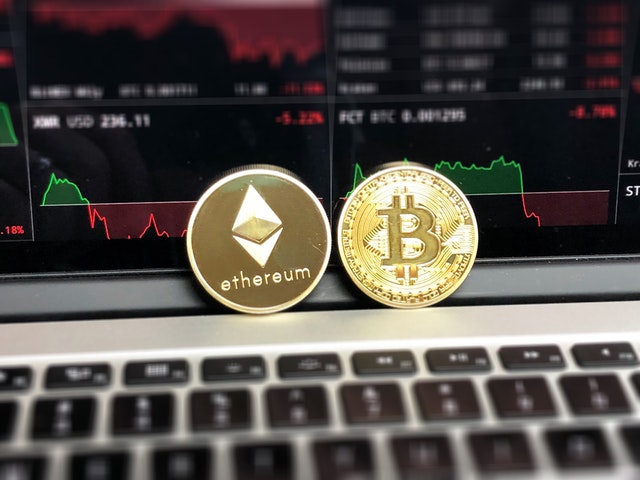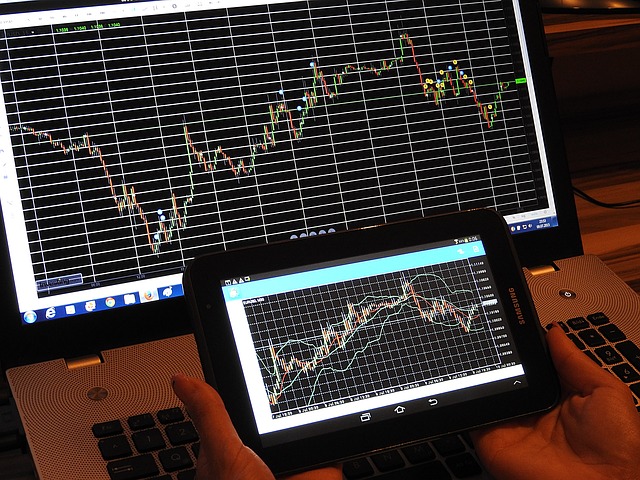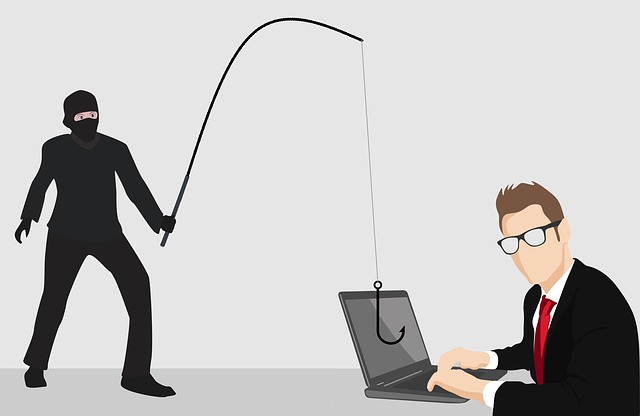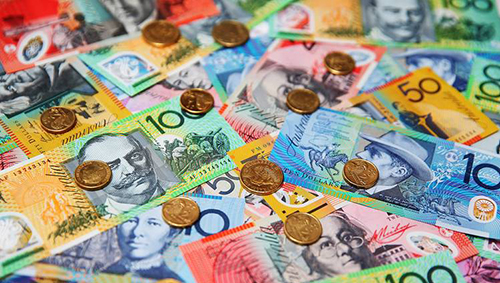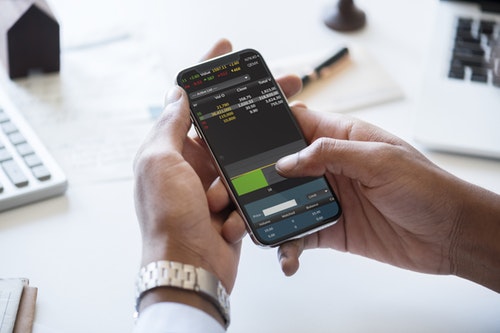In the fundamental terminology used in the forex market, each currency is placed in one of three major groups according to their average daily trading volume and liquidity.
The most actively traded currency pairs belong to the group known as the Majors, while somewhat less active currency pairs belong to the minors. The rarer currencies with the lowest trading volume fall into the exotic currency group.
The sections below list the currencies corresponding to these groups and describe each currency group in further detail.
Currencies Listed According to Group
Some representative currencies included in the three groups and their three letter ISO 4217 currency codes are:
Majors
- USD: United States’ Dollar
- GBP: United Kingdom’s Pound Sterling
- EUR: European Union’s Euro
- CHF: Switzerland’s Swiss Franc
- JPY: Japan’s Japanese Yen
Minors
Commodity Dollars
- CAD: Canada’s Canadian Dollar
- AUD: Australia’s Australian Dollar
- NZD: New Zealand’s Dollar
Scandinavian Currencies
- SEK: Sweden’s Swedish Krona
- NOK: Norway’s Norwegian Kroner
- DKK: Denmark’s Danish Kroner
Exotics
- RUB: The Russian Federation’s Ruble
- HKD: Hong Kong’s Dollar
- INR: India’s Indian Rupee
- MXN: The Mexican Peso
- ZAR: South Africa’s Rand
- SGD: Singapore’s Dollar
- KRW: South Korea’s Won
Major Currencies
The currencies that are included among the majors tend to have a high trading volume and belong to major economies. Also, most of them are used as reserve currencies by central bank and governments.
First among the majors in terms of trading volume is undoubtedly the U.S. Dollar, which accounts for over 85% of daily turnover in the forex market. Also, most currencies trade in pairs against the U.S. Dollar, and those pairs that do not include the U.S. Dollar are known as crosses.
Minor Currencies
The minor currencies consist of those currencies traded somewhat less active than the majors, although their economies are still significant and they also tend to be active in international trade. The minors can be further broken down into the commodity currencies and the Scandinavian currencies.
As their name implies, the commodity currencies, or com dollars as they are also sometimes called, correspond to nations that produce and export natural resources. The value of such currencies tends to be linked to that of the commodities they export, like gold in the case of the Australian Dollar or oil for the Canadian Dollar.
In addition to the commodity currencies, the Minors also include the so-called Scandinavian Currencies or Skandis. These currencies come from the Scandinavian countries of northern Europe that have not yet adopted the Euro.
Exotic or Emerging Market Currencies
All other less actively traded currencies make up the Exotics currency group. These currencies tend to belong to developing countries, and for this reason, they are also commonly called emerging market currencies.
The currencies in this group trade largely as counter currencies against the U.S. Dollar. Also, the markets for this group tend to lack liquidity relative to those for the Majors and Minors.
Read Next: When and Where Forex is Traded

